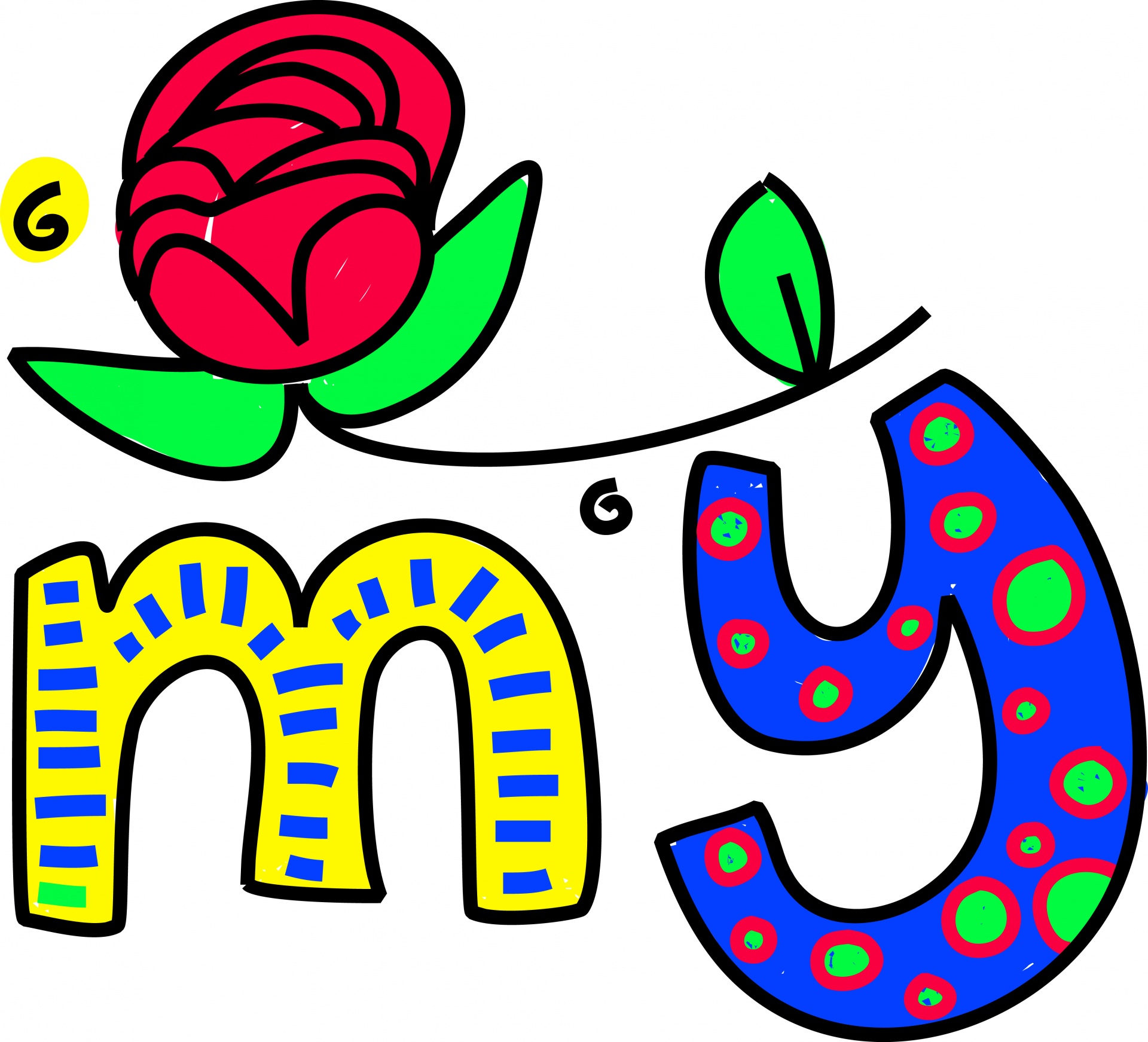Unveiling The Essence Of "My": A Journey Of Self-Discovery
The word "my" carries with it a profound sense of ownership and identity. It represents a connection to the self, a declaration of personal experiences, and a gateway to understanding the world from an individual perspective. The significance of "my" transcends mere language; it embodies a person's journey, emotions, and aspirations. As we delve deeper into the multifaceted nature of "my," we uncover the essence of self-expression and the importance of embracing one's uniqueness.
In a world where individuality is often celebrated, the term "my" becomes a powerful tool for self-affirmation. It allows us to articulate our feelings, ownership, and relationships, creating a bridge between our inner thoughts and the external world. From "my dreams" to "my experiences," the word encapsulates our narratives and shapes our identities. As we explore the various dimensions of "my," we will examine how it influences our perceptions and interactions.
Moreover, the concept of "my" extends beyond personal boundaries. It invites others to engage with our stories, fostering connections and empathy. By sharing what is "my," we open ourselves to understanding others' journeys, thus enriching our own. This article will delve into the significance of "my," exploring its role in language, identity, and relationships, ultimately leading to a deeper appreciation of self and others.
What is the Significance of "My" in Personal Identity?
The word "my" plays a crucial role in shaping our personal identity. It signifies ownership and belonging, allowing individuals to express their experiences and feelings. By using "my," we create a narrative that reflects our unique journey and perspective. This personal touch not only helps us define ourselves but also enables us to connect with others on a deeper level.
How Does "My" Influence Relationships?
The use of "my" can significantly impact the way we communicate in relationships. It establishes boundaries and clarifies ownership, whether it's in friendships, family dynamics, or romantic partnerships. By expressing what is "my," we assert our individuality while also inviting others to share their perspectives. This two-way exchange fosters mutual understanding and respect.
Can "My" Enhance Communication Skills?
Absolutely! Utilizing "my" effectively can improve our communication skills. By articulating our thoughts and feelings, we encourage openness and honesty in conversations. This clarity allows others to understand us better, leading to more meaningful interactions. Moreover, it empowers us to listen actively and respond thoughtfully to what others share about their own experiences.
Biography of a Notable Figure: My Journey with Maya Angelou
Maya Angelou is a celebrated poet, memoirist, and civil rights activist. Her works, including "I Know Why the Caged Bird Sings," have left a lasting impact on literature and social justice. Angelou's life story is a testament to the power of resilience and the importance of owning one's narrative. Below is a brief biography highlighting her personal details and achievements.
| Personal Details | Biography Data |
|---|---|
| Full Name: | Maya Angelou |
| Date of Birth: | April 4, 1928 |
| Place of Birth: | St. Louis, Missouri, USA |
| Occupation: | Poet, Memoirist, Civil Rights Activist |
| Notable Works: | "I Know Why the Caged Bird Sings," "Still I Rise" |
| Achievements: | Presidential Medal of Freedom, Three Grammy Awards |
What Can We Learn from Maya Angelou's Use of "My"?
Maya Angelou's writings often reflect her journey of self-discovery and empowerment. Her use of "my" in her poetry and prose illustrates the importance of claiming one's identity and experiences. By sharing her story, Angelou inspires others to embrace their own narratives, fostering a sense of community and belonging.
How Does "My" Play a Role in Overcoming Adversity?
In her life and works, Angelou emphasizes the significance of resilience and strength. The word "my" serves as a reminder that we hold the power to shape our destinies, even in the face of adversity. By acknowledging our struggles and triumphs, we can inspire others to find their voice and overcome challenges.
Can Embracing "My" Lead to Greater Self-Acceptance?
Yes, embracing the concept of "my" can pave the way for greater self-acceptance. By acknowledging our unique experiences, we cultivate a deeper appreciation for ourselves and our journeys. This self-acceptance fosters confidence and encourages us to share our stories with others, creating a ripple effect of empowerment.
Conclusion: The Transformative Power of "My"
The word "my" is more than just a possessive pronoun; it is a powerful tool for self-expression and connection. As we have explored, "my" influences personal identity, relationships, communication, and self-acceptance. Through the lens of Maya Angelou's life and works, we see how embracing our narratives can inspire others to do the same. Ultimately, the journey of self-discovery through "my" leads to greater understanding, empathy, and unity in our shared human experience.
Article Recommendations
- Alex Lagina And Miriam Amirault Wedding
- Shannonharpe Relationships
- Pictures Of Jimmy Buffett
- Matthew Labyorteaux Net Worth
- Ainsley Earhardt Sean Hannity Wedding
- Simon Cowell Funeral
- Subhashree Viral Mms Video
- Scheels Black Friday Ad
- Matt Czuchry Wife
- Ken Paxton Eye Injury

